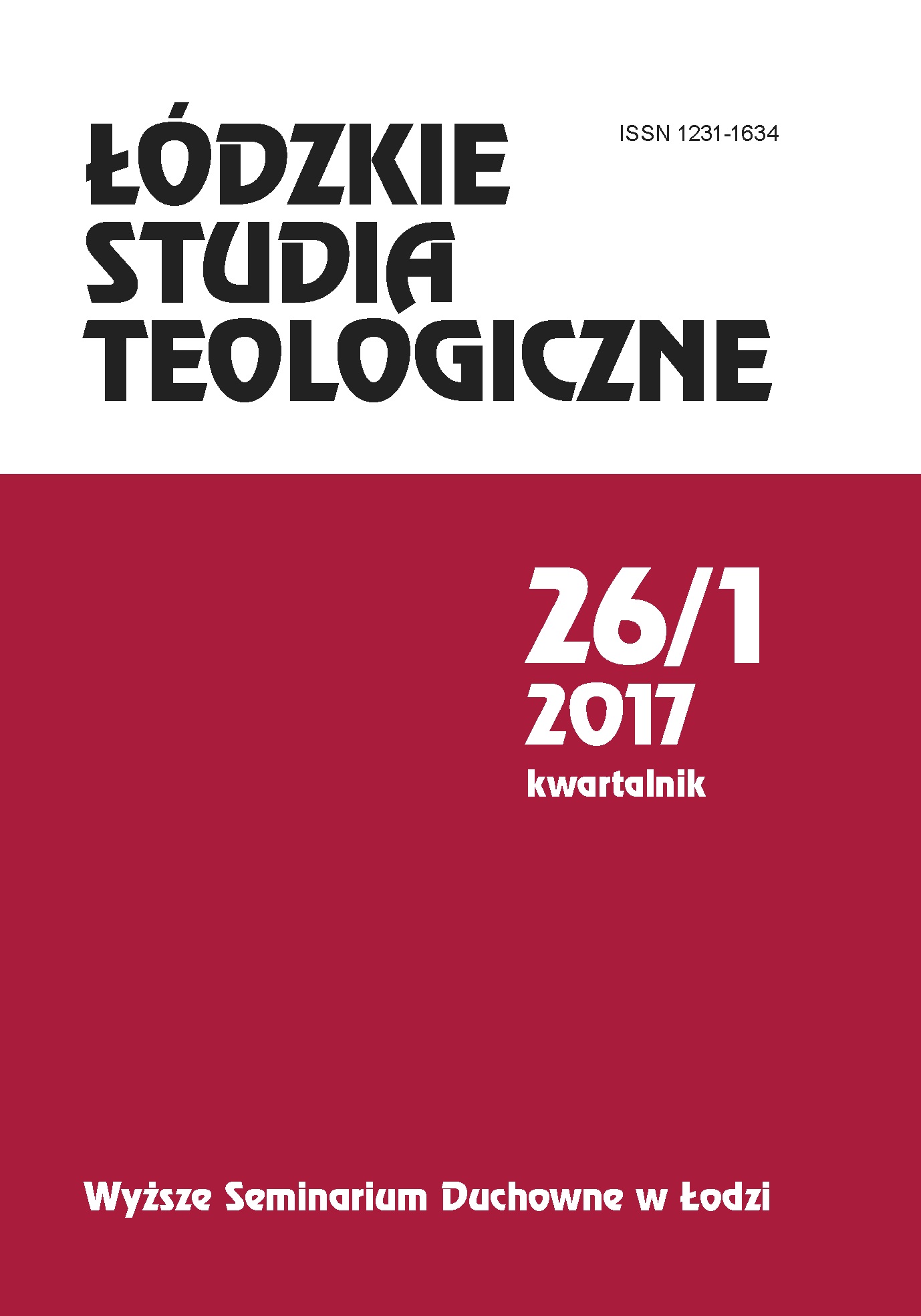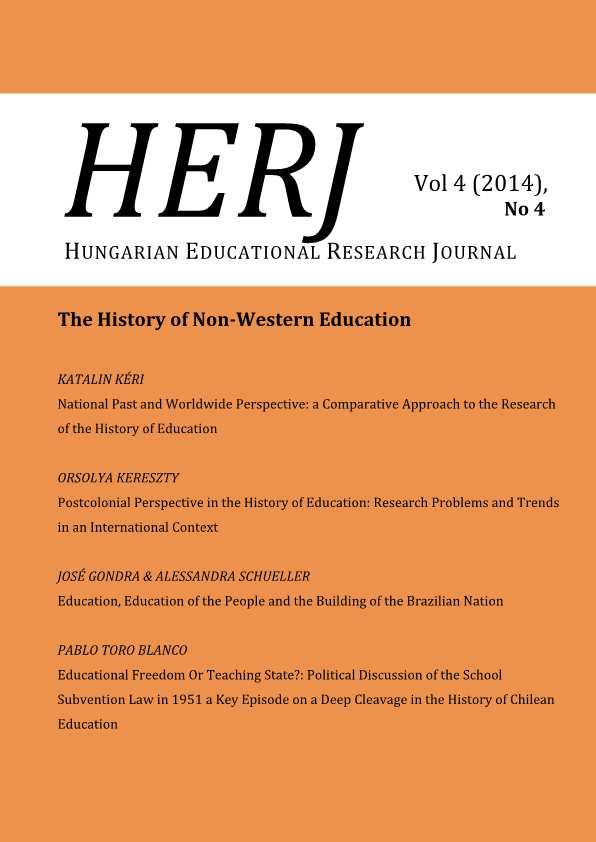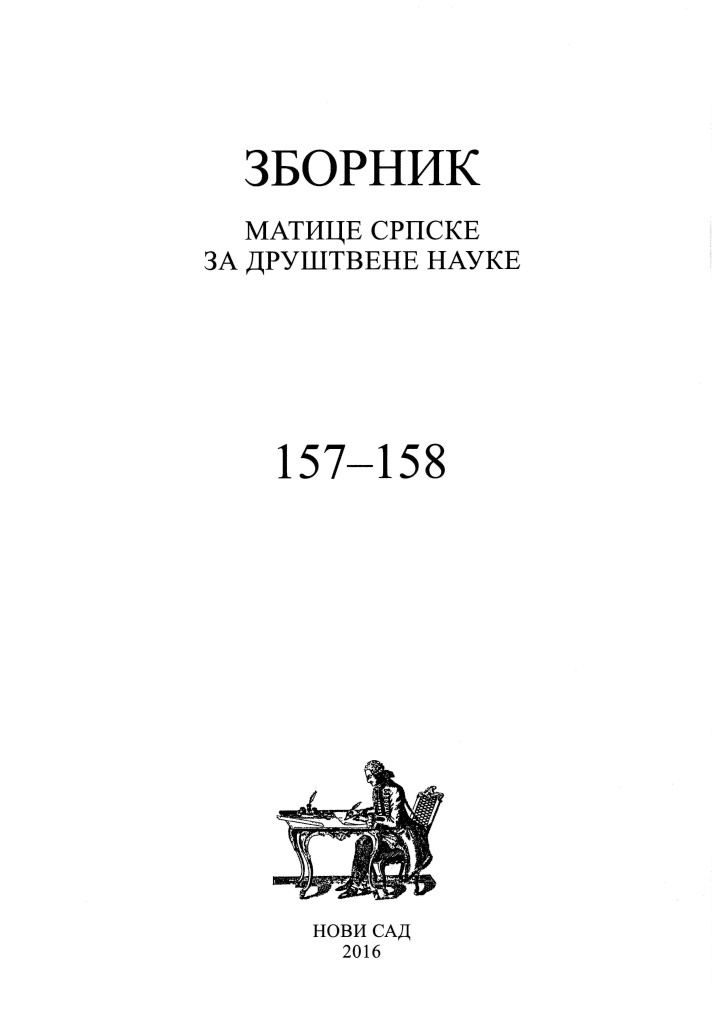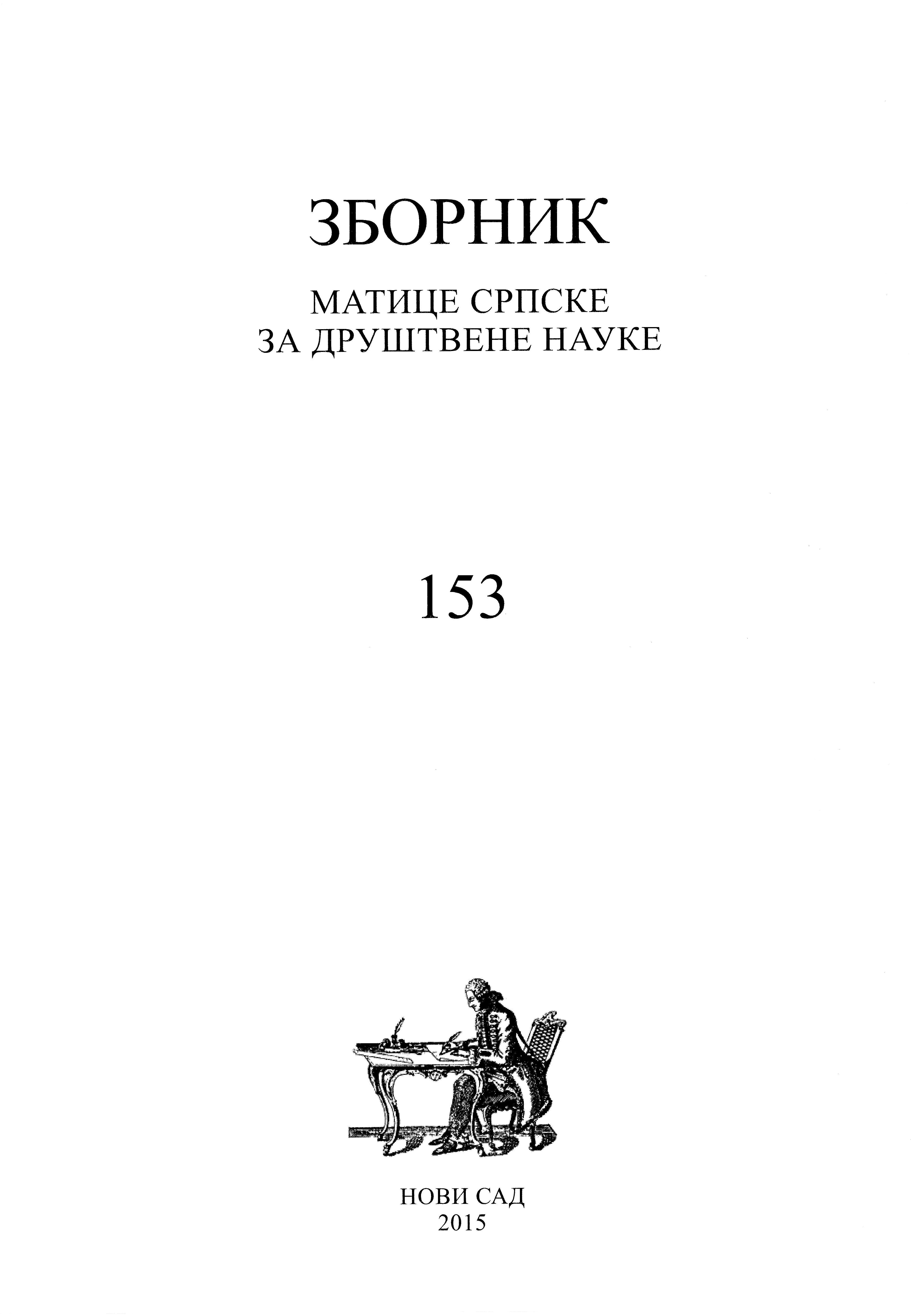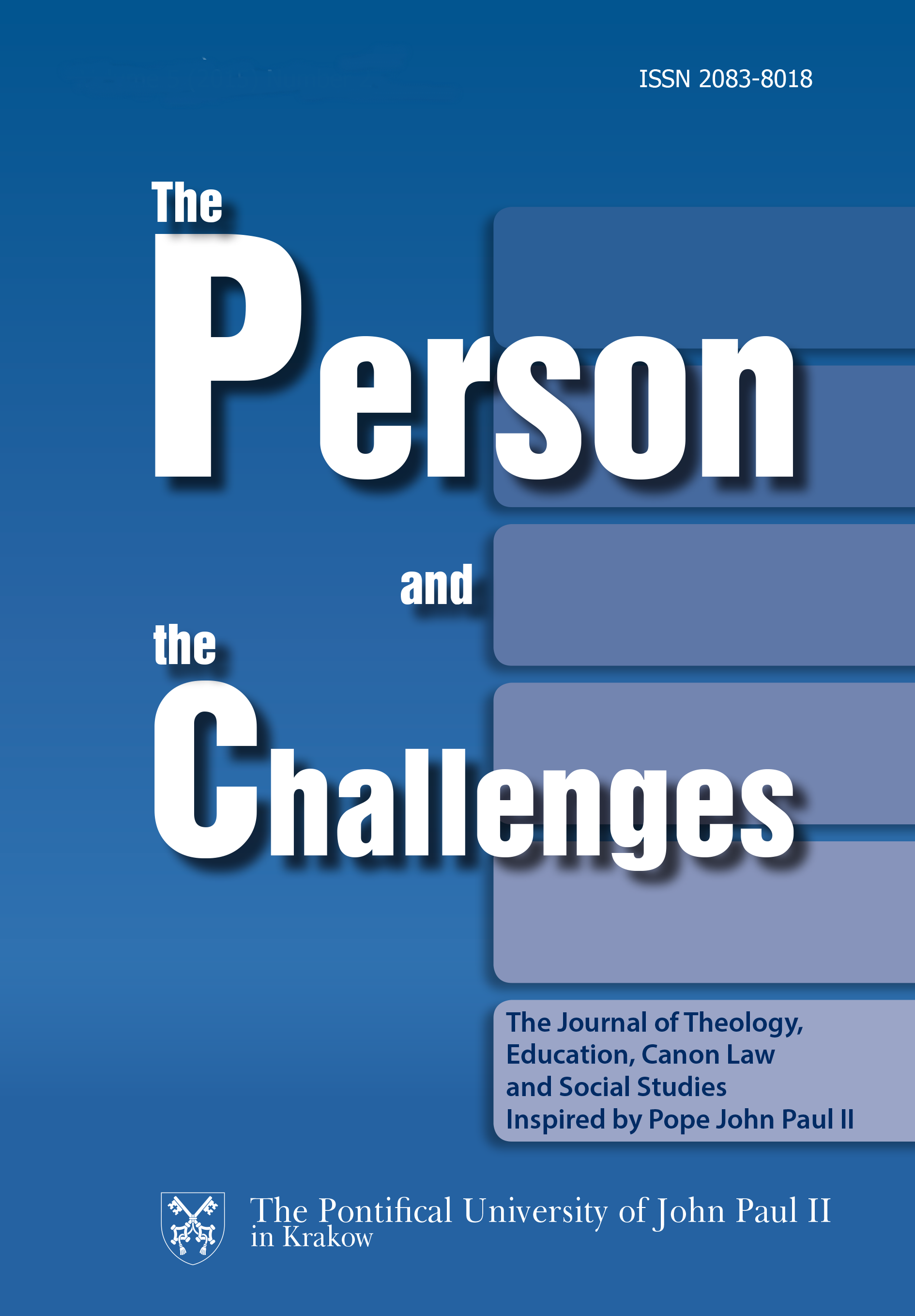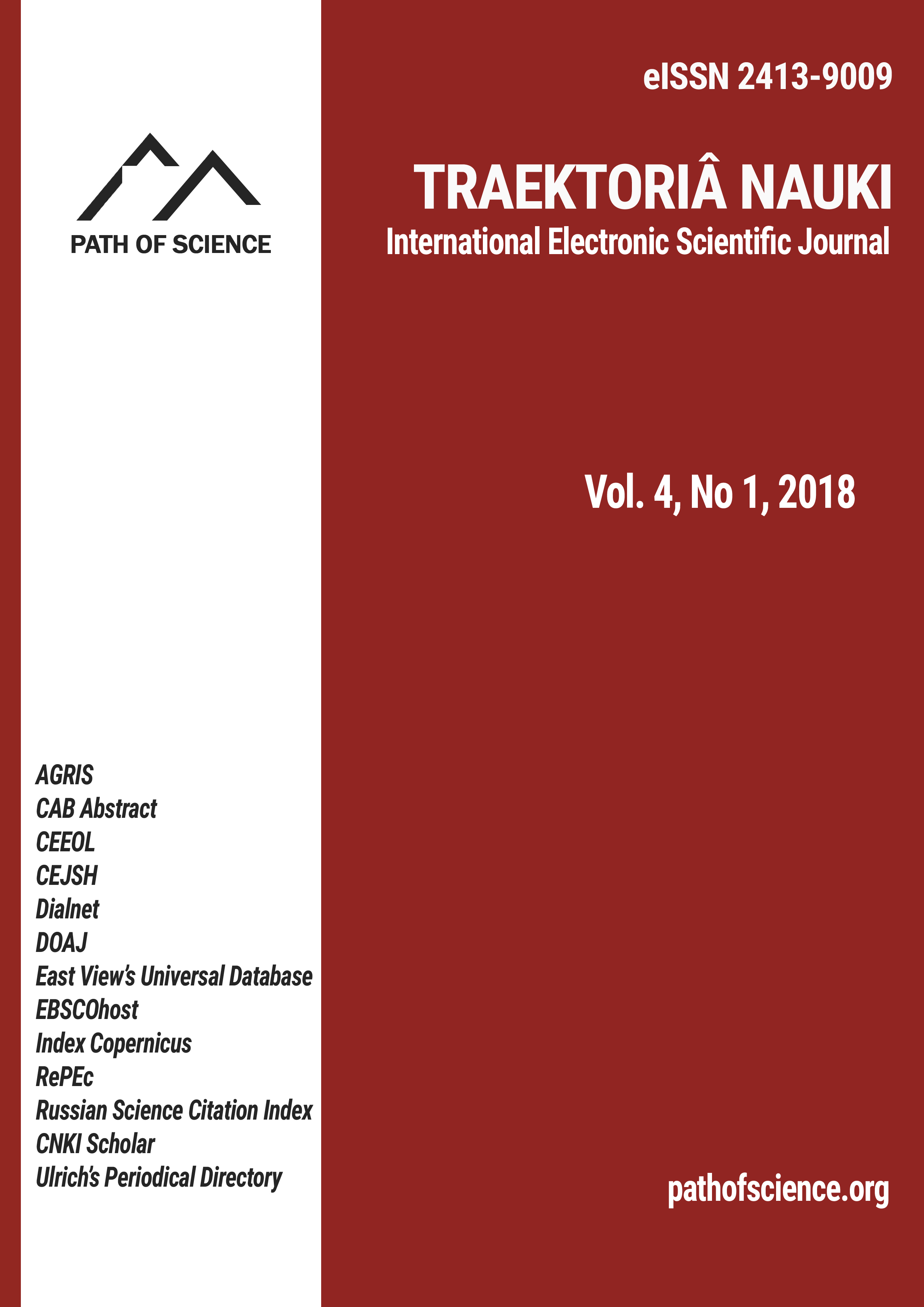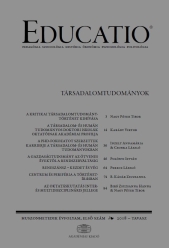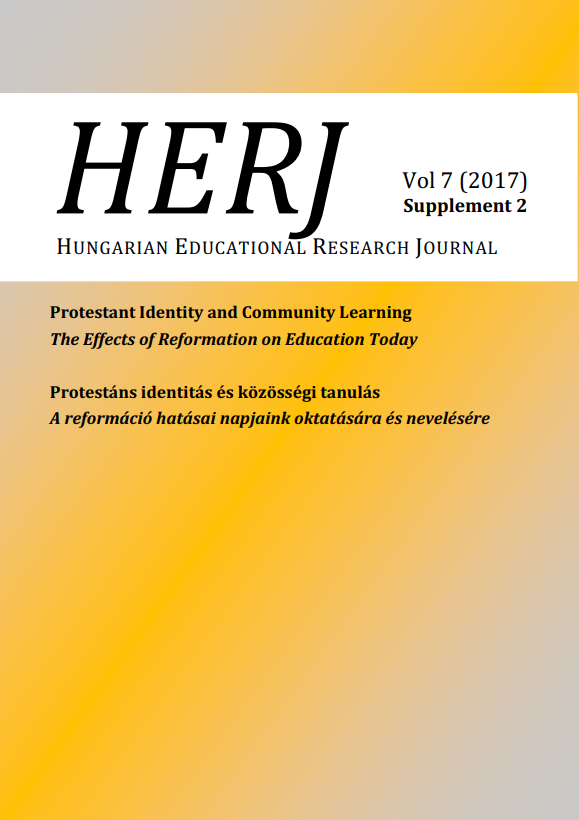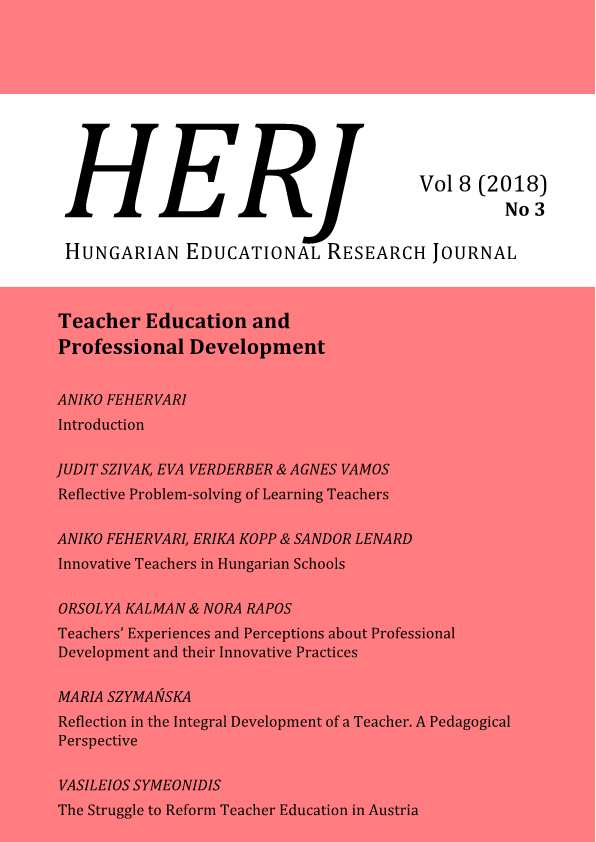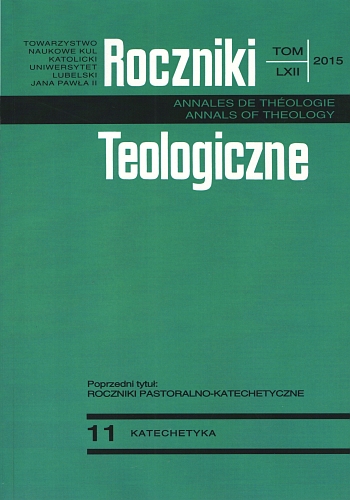
Antoni Krzyżanowski - nauczyciel i dyrektor prywatnego żeńskiego gimnazjum i liceum ogólnokształcącego Wacławy Arciszowej w Lublinie w latach 1929-1939
Antoni Krzyżanowski was deserved for Lublin as a teacher and educator in the interwar period. He worked as a teacher and principal at the school called „Szkoła Lubelska” (1919-1929) and in the Prywatne Żeńskie Gimnazjum (Private Female Intermediate School) and Liceum (preparatory school) of Waclawa Arciszowa (1929-1939). He actively worked on the Board of Higher Education Section of the Polish Teachers' Union (Zarząd Sekcji Szkolnictwa Średniego Związku Nauczucielstwa Polskiego), also belonged to the Association of Directors of Polish High Schools (Stowarzyszenie Dyrektorów Polskich Szkół Średnich). He was a member of the eductional commission on the branch of Polish Historical Society in Lublin. He took part in the work of the Lublin methodological spots of history and geography. As the principal of the intermediate school of W. Arciszowa cared for the material conditions and the appropriate educational and pedagogic level of the site. Thanks to his efforts, at the turn of the year 1934/35, the school received full powers of state schools. Director cared for young people entrusted to him. He aimed for creating girls the best conditions for development and education. Cared for the substantive preparation of teachers and their further education. He emphasized the need to self-study − not only in terms of tought subjects, but also in the widely understood issues of upbringing. He believed that every teacher must be an educator at the same time, so he was especially particular about the personal example of teachers in the education of young people. A. Krzyżanowski also looked after youth organisations, in order to bring up the schoolgirls entrusted to him to be aware of their duties citizens. Particular attention paid to developing youth self-government. He collaborated with his students' parents knowing that only a collaborative effort of the family and the school would deliver the intended results. He had a lot of ideas and plans for the future, unfortunately, the outbreak of war and death at the hands of the Nazi occupier interrupted his educational and pedagogical work.
More...
